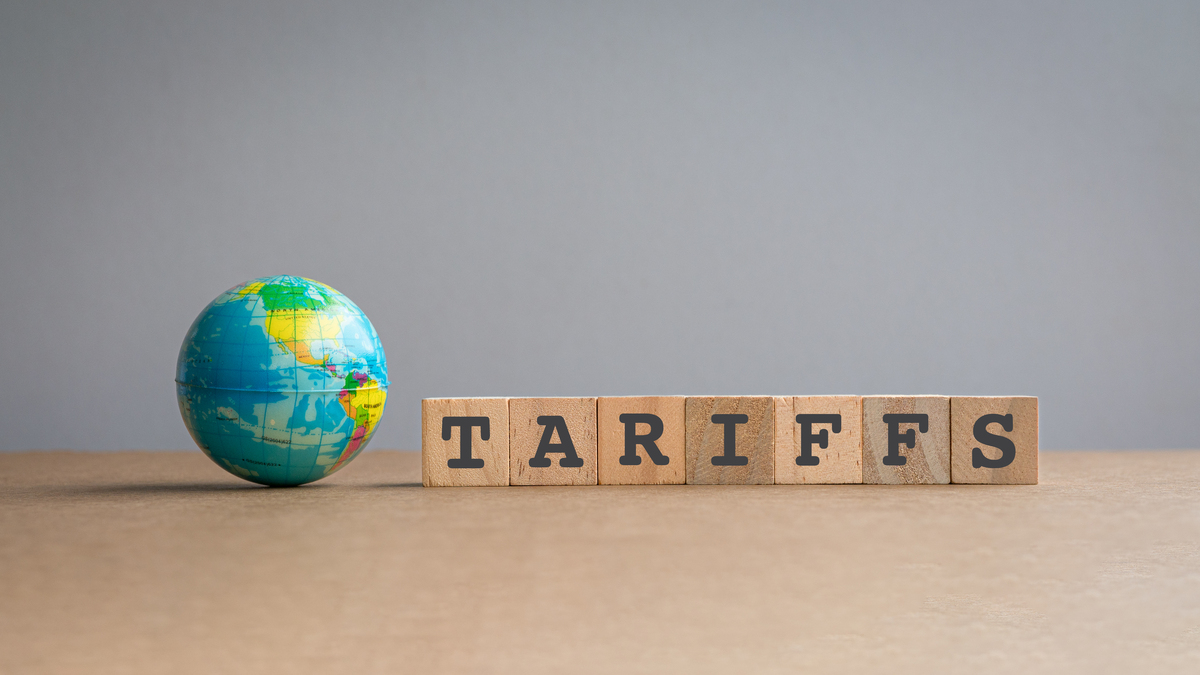International Trade in the Modern World: Challenges and Opportunities
International trade has been a cornerstone of the global economy for centuries, but the current landscape is defined by unprecedented challenges and opportunities. This paper explores the impact of globalization, technology, and regulations on the modern state of international trade, highlighting both the challenges and opportunities that emerge. Ultimately, it offers recommendations for policymakers and businesses to navigate this complex environment.
Introduction
The world is more interconnected than ever before, thanks to advancements in technology and the rapid spread of globalization. This interconnectedness has facilitated international trade, creating opportunities for global supply chains, expanded markets, and reduced production costs. However, it has also created new challenges, including increased competition, environmental concerns, and complex regulatory landscapes.
Globalization and International Trade
Globalization has been a driving force behind the surge in international trade in recent decades. The ease of movement of goods, services, and capital across borders has enabled businesses to source materials and labor from diverse locations, thereby reducing costs and increasing efficiency. However, globalization has also led to unintended consequences, such as job displacement in certain sectors and a widening income inequality gap.
Technology and International Trade
Technology has revolutionized international trade. The internet has empowered businesses to reach global markets without physical presence, while e-commerce platforms have made it easier for small businesses to participate in international trade. Advancements in logistics and transportation have further accelerated the movement of goods across borders, improving efficiency and reducing delivery times.
Regulations and International Trade
Governments around the world are increasingly implementing regulations to address environmental concerns, promote fair labor practices, and protect consumer safety. While these regulations are essential for promoting sustainability and ethical business practices, they can also increase the costs of doing business and impact the competitiveness of certain industries. For example, carbon emission regulations can increase transportation costs, while labor standards regulations can increase production costs.
Challenges and Opportunities
The current state of international trade presents both challenges and opportunities for businesses and policymakers. On one hand, businesses can leverage globalization and technology to access new markets and reduce costs. On the other hand, they must navigate a complex regulatory environment and address growing environmental concerns. Policymakers face a similar challenge in balancing the need for economic growth with the need to protect the environment and ensure fair labor practices. However, the current state of international trade also presents opportunities for businesses to innovate and adapt to changing market conditions.
Recommendations
To address the challenges and take advantage of the opportunities presented by the current state of international trade, policymakers and businesses can take a number of steps. First, policymakers can work towards creating a more transparent and predictable regulatory environment that balances economic growth with environmental and social concerns. Second, businesses can invest in innovation and technology to improve efficiency and reduce costs. Third, businesses can adopt sustainable practices that reduce their environmental footprint and promote fair labor practices.
Conclusion
The current state of international trade is shaped by the interplay of globalization, technology, and regulations. These forces present both challenges and opportunities for businesses and policymakers. To effectively navigate this complex environment, policymakers and businesses need to work collaboratively to create a more transparent and predictable regulatory environment, invest in innovation and technology, and adopt sustainable practices. By doing so, we can ensure that international trade promotes economic growth, environmental sustainability, and social responsibility.

原文地址: https://www.cveoy.top/t/topic/mWwj 著作权归作者所有。请勿转载和采集!